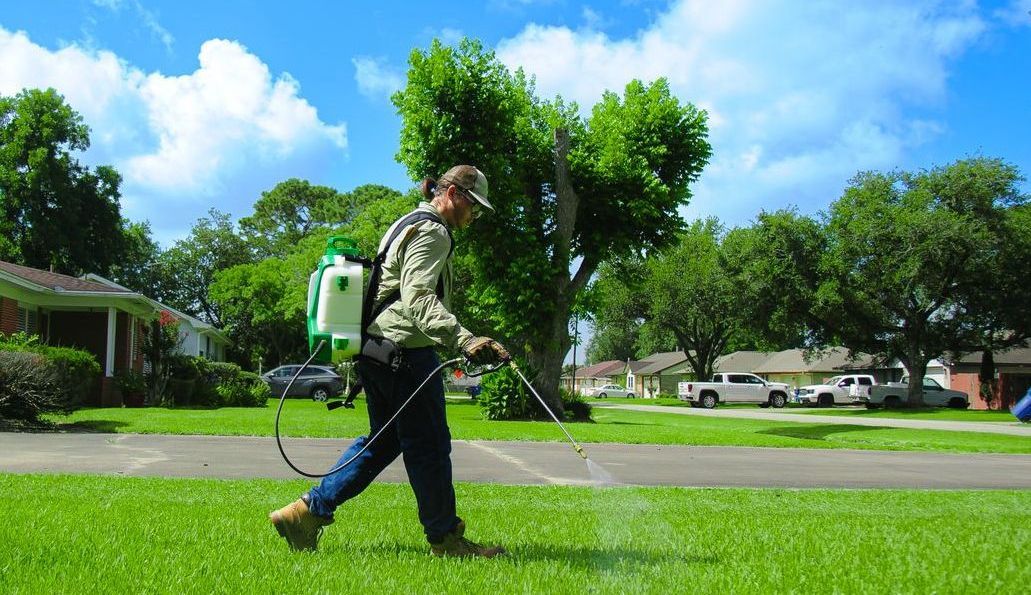Mosquitoes in Houston: Why They're Worse Than Ever and What You Can Do About It
If you live in Houston, you already know: mosquitoes are relentless. But in recent years, they’ve gone from annoying to downright overwhelming. With more bites, more bugs, and rising risks of disease, understanding why Houston has a mosquito problem—and how to fight back—is more important than ever.

Why Houston Is a Mosquito Magnet
Climate + Water = Mosquito Explosion
Houston’s subtropical climate makes it mosquito paradise. The city’s warm temperatures, high humidity, and frequent rain lead to standing water—a perfect breeding ground.
In fact, mosquito traps in Harris County captured over 72,000 female mosquitoes in a single month of 2024—more than double the count from the same period in 2023 (Houston Landing).
Health Risks: It’s Not Just the Itch
While most mosquito bites just itch, some carry dangerous diseases:
- West Nile Virus is the most common in Texas. In 2024, Harris County saw 57 cases and 3 deaths. The first 2025 case was already confirmed in May (Houston Chronicle).
- Zika, dengue, and chikungunya are less common but still a risk. Aedes mosquitoes, which spread these viruses, are well-established in the region.
What the City Is Doing
Harris County’s Mosquito & Vector Control Division runs a massive surveillance and response operation:
- 268 mosquito trap zones are monitored weekly for population and virus levels
- Ground and aerial spraying is used in targeted areas, especially when infected mosquito pools are found
- Larvicides are placed in storm drains, ponds, and standing water to stop mosquitoes before they hatch
- Public alerts and education help residents stay informed and involved (Harris County Public Health).
What You Can Do: 5 Simple Steps
1. Drain Standing Water
Even a bottle cap of water can breed mosquitoes. Empty birdbaths, plant saucers, pet bowls, and gutters every few days. For water you can’t drain (like rain barrels), use mosquito dunks.
2. Use EPA-Approved Repellent
Repellents with DEET, picaridin, or oil of lemon eucalyptus are safe and effective—just follow label instructions. These are especially important at dawn and dusk.
3. Wear Long Sleeves and Pants
It may not be fun in the summer heat, but if you're headed outdoors—especially near grass or water—cover up.
4. Fix Your Screens
Make sure your doors and windows have intact, tight-fitting screens to keep mosquitoes out of your home.
5. Get Involved Locally
Join neighborhood cleanup efforts, and report mosquito hotspots to the city. Collective action works better than going it alone.
6. Use a Professional Service
Most folks in Houston already have a pest and mosquito control service, but many don't know how well mosquitoes can be controlled in their own back year.
The Future of Mosquito Control: Science to the Rescue?
Researchers at Texas A&M and elsewhere are exploring genetically modified mosquitoes that can’t reproduce or carry viruses. These include:
- Sterile males that reduce population over time
- Wolbachia-infected mosquitoes that block virus transmission
- Gene editing tools that suppress entire mosquito species
These technologies are in trials now and may offer long-term, sustainable solutions (Houston Chronicle).
TL;DR: Stay Vigilant, Stay Protected
- Mosquitoes are worse than ever in Houston due to climate, water, and urban sprawl
- West Nile virus is the biggest threat, but others are possible
- The county is taking action—but so should you
- Drain water, use repellent, dress smart, fix screens, and help your community
- New science may change the game in the future
With a little effort from everyone, we can reclaim our backyards—and stay safer all summer long.
Service Area
Quick Links
About Us


